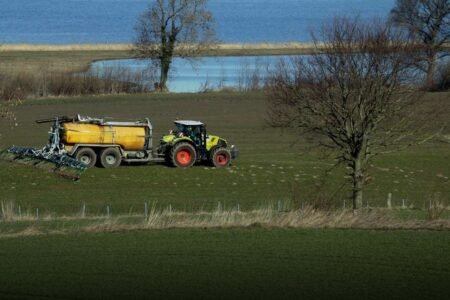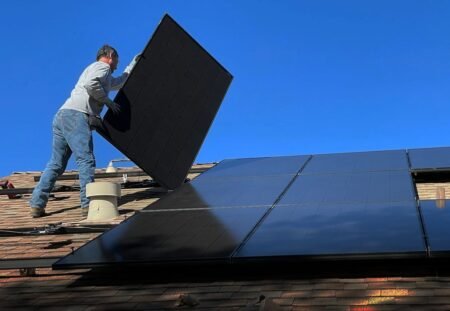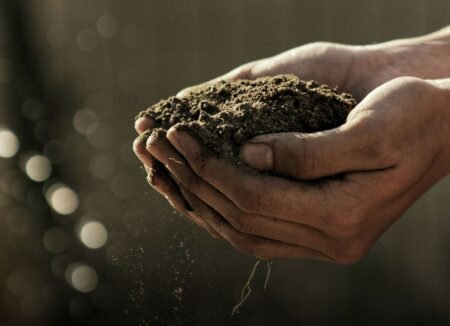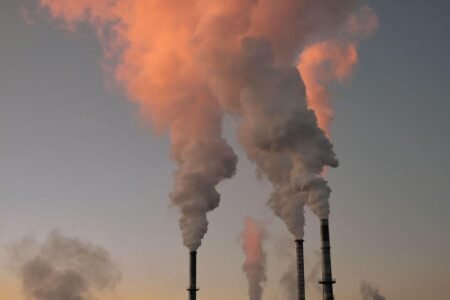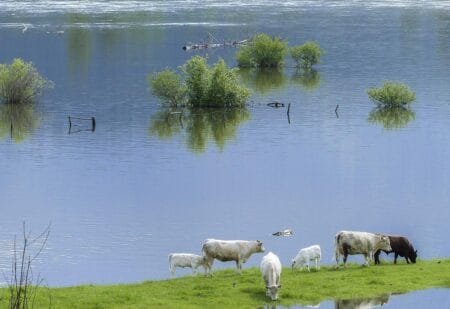The European Parliament’s Environment Committee has voted on a draft report outlining its position on the upcoming EU Water Resilience Strategy.

Despite the growing threats of droughts, floods, and worsening water pollution across Europe, conservative and far-right members introduced and secured amendments that severely weakened the emphasis on Nature-based Solutions (NbS) and ecosystem restoration, favouring instead an increased reliance on grey infrastructure and techno-fixes.
The draft report put forward by Maltese S&D Member of the European Parliament, Thomas Bajada, originally proposed NbS as the foundation of the strategy, alongside strict enforcement of EU water laws, particularly the Water Framework Directive (WFD).
However, following the vote today, the text has been significantly watered down. The main highlights include:
- NbS have been placed on equal footing with grey infrastructure, such as dams, dikes, and water reservoirs, and ‘techno-fixes’, such as river flow regulation systems, desalination, smart metering, AI and data centres. While some of these tools can be useful in certain contexts, they cannot replace ecosystem restoration – the only measure capable of truly repairing broken water cycles and supporting both climate mitigation and adaptation.
- Strong enforcement of EU water laws has now been replaced with calls for generic implementation and monitoring under the WFD, without specifying the 2027 deadline for its implementation or limiting exemptions that could weaken the Directive. Nature restoration and conservation objectives under the EU Biodiversity Strategy – as well as alignment with international conventions – have also been weakened.
- The text omits binding targets for water abstraction for industrial use, including for agriculture.
- Policy coherence across sectors, particularly agriculture and energy, has been weakened to vague integration language, with no reference to subsidy reform or conditionality.
- It fails to address water pollution and water scarcity driven by agriculture and industrial run-offs by diluting the ‘precautionary principle’ and the ‘polluter pays principle’, and not committing to stronger enforcement of existing regulations, including the WFD, Urban Wastewater Treatment Directive, Nitrates Directive, and the Pesticides Use Regulation.
- Despite increasing concerns over water pollution, the position for the full phase-out of PFAS, known as “forever chemicals”, has also been weakened, arguing that “essential uses” must be guaranteed.
Commenting on the vote, the Living Rivers Europe NGO coalition said:
“The most powerful and cost-effective tool we have to address the water crisis – nature – is so diluted that it’s nearly impossible to find it in the report. Instead, conservative MEPs are turning to grey infrastructure and techno-fixes, which are merely bandages. Without nature-based solutions, citizens will face increased pollution and reduced protection against floods, droughts, and other climate events. Some MEPs are distorting the competitiveness discourse, misusing it to delay the implementation of environmental laws, but this will cost us dearly.”
On a more positive note, today’s vote is a step forward for ocean health. However, the EU must go further to stop pollution at its source: over 70% of marine litter originates on land, making it crucial to improve wastewater and runoff management. By emphasising the importance of the Ocean Pact, MEPs showed political willingness to adopt a “source-to-sea” approach to tackle major threats to ocean health, such as plastic pollution, BPAs, pharmaceuticals, and heavy metals. But to truly protect our seas, the EU needs a coordinated approach. That means strengthening the Marine Strategy Framework Directive by giving Member States better tools to set quantitative targets and monitor progress over time, while holding them accountable for marine protection.
The fight is not over: the draft report will be put to a plenary vote in May. The final text is expected to inform the European Commission’s Water Resilience Strategy, which is scheduled for launch on 4 June. This strategy aims to serve as the foundation for developing a cross-sectoral plan to address water efficiency, scarcity, and pollution.
The Living Rivers Europe’s NGO coalition will follow the process closely and work to ensure EU water laws are implemented, and that NbS are at the core of the EU’s strategy to make Europe truly water resilient.


